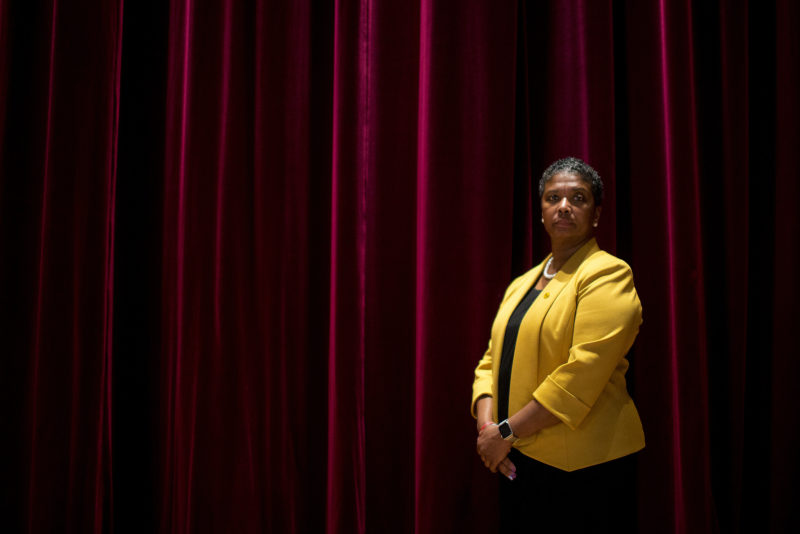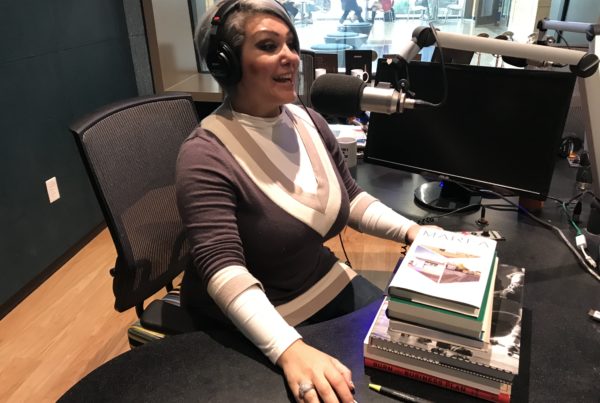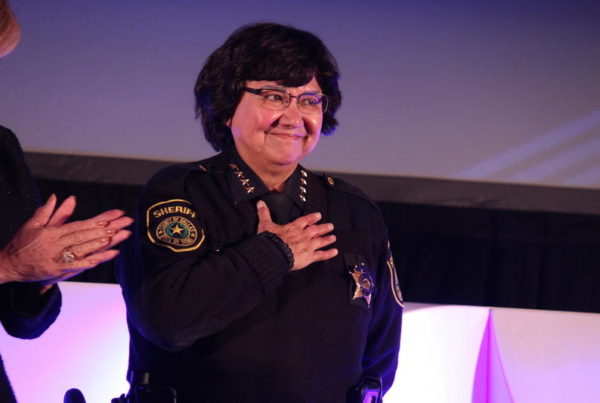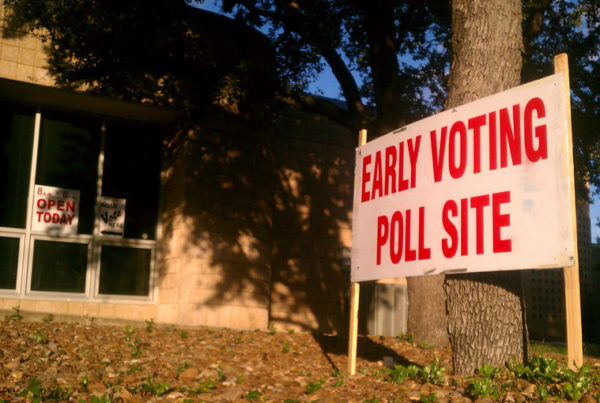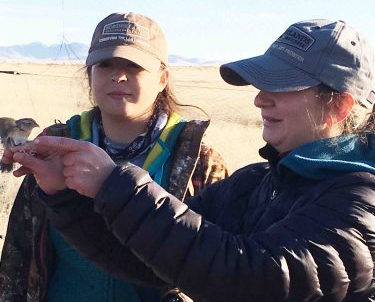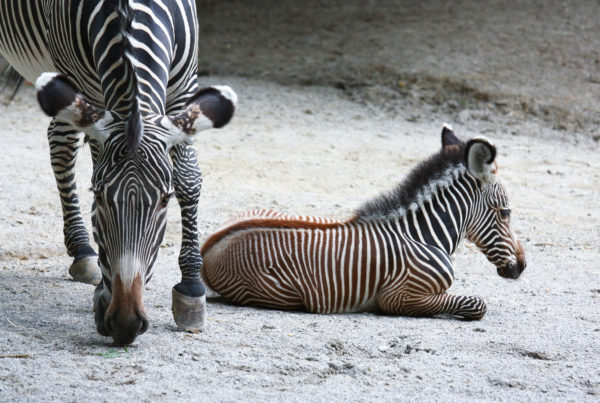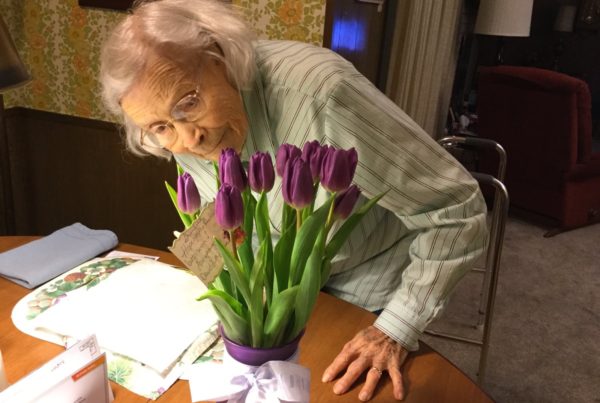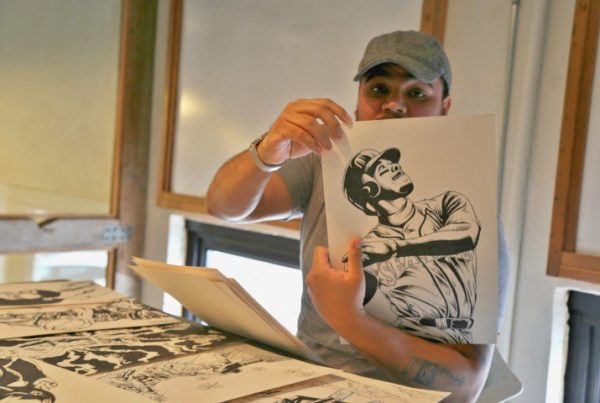There are about 100 public and private historically black colleges and universities (HBCUs) in the country, most of them in the south. The new documentary Tell Them We Are Rising: The Story of Black Colleges and Universities premieres Monday on PBS’s Independent Lens, exploring the history and significance of these institutions.
Filmmaker Stanley Nelson says his documentary begins by explaining why HBCUs formed in the first place.
“I think it’s really important that we start back in the time of enslavement, where it was illegal for African Americans to be educated, all throughout the south,” Nelson says. “Even in the north, in places it was illegal for African Americans to be educated.”
Education was an important step forward – and from that came the question of what should be taught. Nelson says Booker T. Washington was a fascinating character who advocated for what that education should look like.
“He was actually enslaved and he was freed by the Civil War and then he, on his own, just pursues an education,” Nelson says. “But he pushes the idea of what was called an industrial education, which was educating African Americans for service to be great bricklayers, great carpenters, because it was unthreatening.”
Nelson says that the education was shaped, in part, by employers in the North.
“They wanted a workforce that was educated,” Nelson says, “but not too educated. And not too pushy.”
HBCUs have been educating students for over 100 years, and Nelson says that historically black colleges and universities are still needed and still serve a distinct purpose.
“I would argue that until racism and racialism ends in this country, until we have an even playing field for every student who enters grade school through junior high through high school, then we need HBCUs,” he says. “HBCUs still educate an outsized number of African Americans.”
Dr. Colette Pierce Burnette is the president of Huston-Tillotson University, an HBCU located in Austin. She says that HBCUs are known for giving students a uniquely nurturing environment.
“We call our students the genius generation,” Burnette says, “and it’s a collection of students that need to be in an environment where they feel totally empowered. They have a lot in common. They have some of the same struggles, needs. And they don’t have to be ‘the black kid’ or they don’t have to be ‘the Latino kid.’ They can just be the student. And they can rise to their own level of however they’re defining success in an environment that is extremely nurturing.”
She says there’s something special that happens at an HBCU that doesn’t tend to happen at schools that are traditionally white.
“There is something that happens to you when you go to an HBCU that you come into your own kind of empowerment,” she says. “You’re proud of who you are and there’s no limit for you at that school.”
She says that’s why some students gravitate toward Huston-Tillotson – because of the high expectations.
“And that’s just a given in that environment,” Burnette says. “As opposed to proving that you are worthy of something. Racism, whether it’s subtle or blatant, is real. And innate biases are very real. So when you get in an environment where that’s not an issue of concern, it’s removed and you can just be a phenomenal student.”
She says Huston-Tillotson’s history stretches back to the end of slavery, when its first students were former slaves.
“So that resilience,” she says, “has been what’s kept that mission alive for over 100 years.”
Written by Jen Rice.


